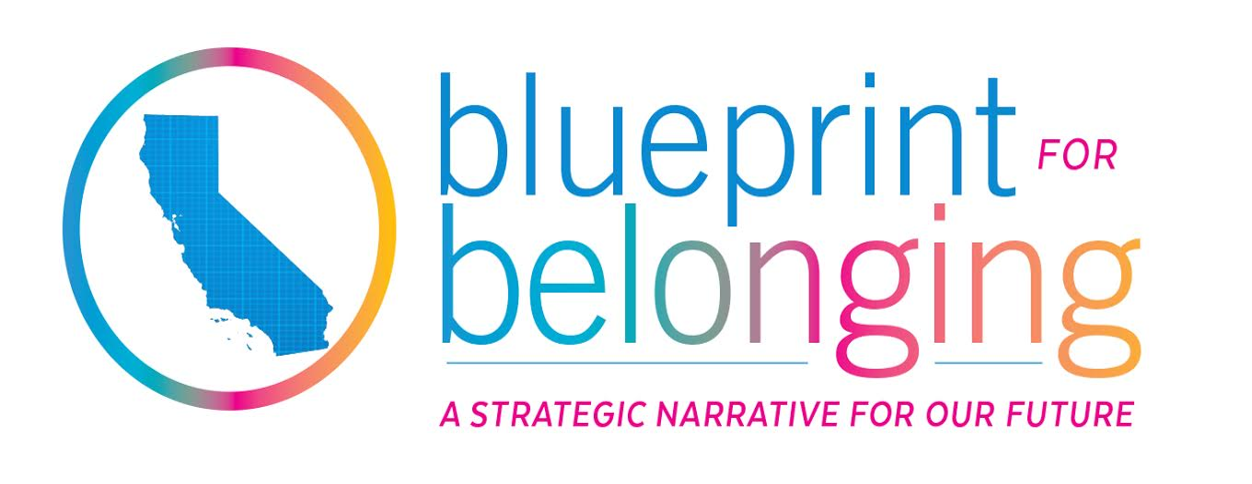Supermajority Embraces “Nation of Immigrants” Identity, and Solid Majority Considers Accepting Migrants “The Right Thing to Do”
LOS ANGELES, CA / BERKELEY, CA – In a year when anti-immigrant rhetoric has become as extreme as ever, large majorities of Californians continue to express inclusionary views, a new survey from the Othering and Belonging Institute at UC Berkeley (OBI) and the Coalition for Human Immigrant Rights (CHIRLA) finds. Among those views are the idea that immigrants are central to the definition of the nation’s character, and that immigrants’ fundamental rights must be defended, irrespective of their migratory status.
One such right is education. In 1982, the U.S. Supreme Court held in Plyler v. Doe that states cannot deny students access to a free public education based on their immigration status. The 2024 California Survey on Othering and Belonging tested whether Californians continue to agree with this position. It found that 80 percent of respondents agree, including nearly 2 in 3 (65 percent) who say they “strongly” agree.
“Thirty years ago, Californians actually voted to take away this right to public education for undocumented students,” recalled Olivia Araiza of OBI, referring to California’s Proposition 187 of 1994. That ballot initiative was ultimately found unconstitutional, but only after winning the support of 59 percent of California voters. “So it is very significant to see that today Californians stand more united in supporting the right of all students to a public education, in even larger numbers than when the state tried to take that right away,” Araiza concluded.
The survey also found that the idea that being “a nation of immigrants” is something that “makes the United States special” resonates broadly across Californians. When asked how much they identify with this idea as something that makes the country special, 66 percent said they identify with it “a great deal,” and only 9 percent responded “not too much” or “not at all.” This was higher than the percentage who identify a great deal with the United States’ status as a “global military superpower” (46 percent), and more than three times the share of Californians who said they identify a great deal with the idea of the U.S. “being a Christian nation” (21 percent). Notably, across each of the state’s largest race/ethnicity groups – Latinxs, whites, Asian Americans, and Black Americans – at least 60 percent of respondents said that they identify “a great deal” with the idea that being a nation of immigrants makes the U.S. special.
The 2024 California Survey on Othering and Belonging was conducted from July 10 to August 4. It was completed by a random sample of 2,258 California residents, in English and Spanish.
The survey also asked about policy issues related to immigration. One was whether there should be an expansion of “public programs and legal aid to support immigrants affected by workplace abuse and labor violations.” Greater than two thirds (69 percent) of Californians said they support this proposal. The share of Californians who support regularizing the status of currently undocumented residents of the state was smaller however, despite that many advocates agree that this would be the broadest step for curbing labor abuse. Only the barest majority (50 percent) of Californians said they support “establishing a way for all immigrants who are in the country without documentation to stay here.”
“What we see in these results is that Californians wish for an immigration system that works – for immigrants, for the state, and for the nation. They want rights that people can count on, and an orderly system that works in the way it’s meant to work. We have not had that for a long time,” said Angelica Salas, CHIRLA’s Executive Director. “We also hear loud and clear that Californians want all workers, including immigrant workers, to be treated fairly, and their rights in the workplace protected. Permanent legal status with a path to citizenship will protect these workers and transform our immigration system into one that works for all Californians,” she concluded.
Finally, a series of survey items asked respondents for their views and beliefs about recently arriving migrants. Some explored ideas about why we should or should not accept migrants and refugees into the country. Three in five Californians said they agree with the idea that accepting migrants and refugees is “the right thing to do as a wealthy and prosperous nation.” Almost as many, 55 percent, consider accepting migrants and refugees into the U.S. “a moral duty according to my faith or beliefs.”
When asked about different appraisals of recently arriving migrants, a supermajority (71 percent) said they are very likely to associate these migrants with “making sacrifices for a better life for their families.” Nearly as many, 67 percent, were very likely to associate recently arriving migrants with “suffering terrible journeys to travel to the U.S.” These associations were held by more than twice as many respondents as associated newly arriving migrants with crime (34 percent). Still, one in three Californians expressed the latter association – a significant share. Connecting new migrants with crime has been a prominent talking point among Republican leaders this election year, and this was reflected in the survey results. Whereas only 12 percent of California residents who identify as Democrats associate new arrivals with committing crimes in the U.S., 64 percent of California Republicans do.
---
Press Contacts
CHIRLA: Jorge-Mario Cabrera, jmcabrera@chirla.org
OBI: Ivan Natividad, ivan.natividad@berkeley.edu
Background on the 2024 California Survey on Othering and Belonging
The public opinion firm FM3 Research carried out the 2024 California Survey on Othering and Belonging between July 10 and August 4. FM3 contacted a random sample of adult residents of California via live phone, text messaging, and email. Survey respondents could complete the survey over the phone or in written form online, in either English or Spanish. The full sample included 2,258 adult California residents. The margin of sampling error is +/- 3.1% at the 95% confidence level. The project employed oversampling to ensure statistically reliable numbers of respondents who identified themselves as Hispanic/Latinx, white, Black/African American, and Asian Americans of East Asian, Southeast Asian, and South Asian descent. Geographic regions were also oversampled to yield statistically reliable numbers by region.






